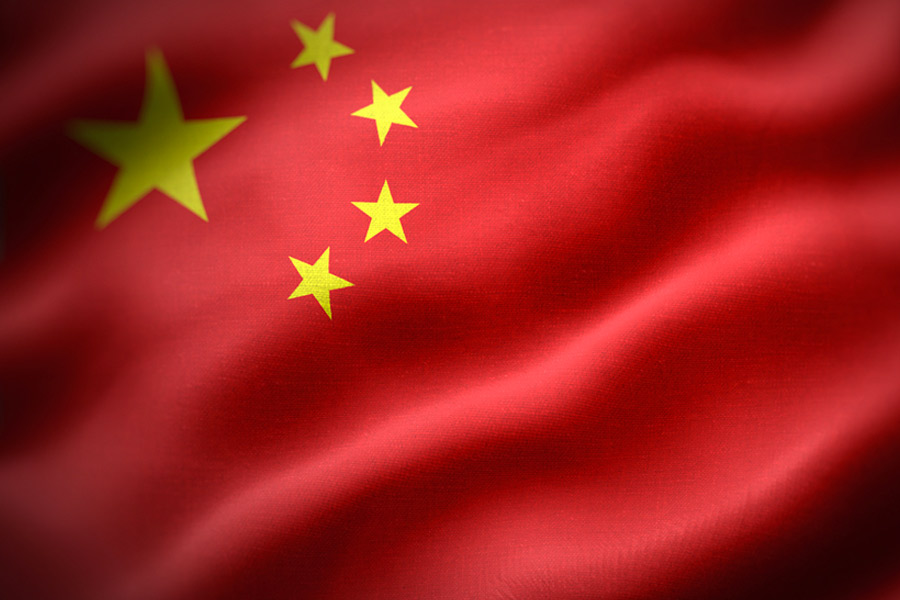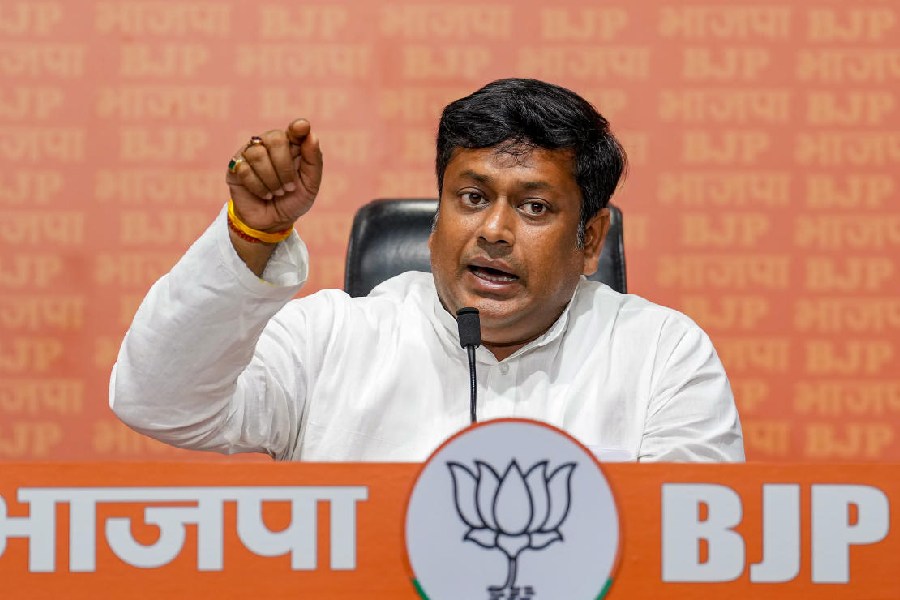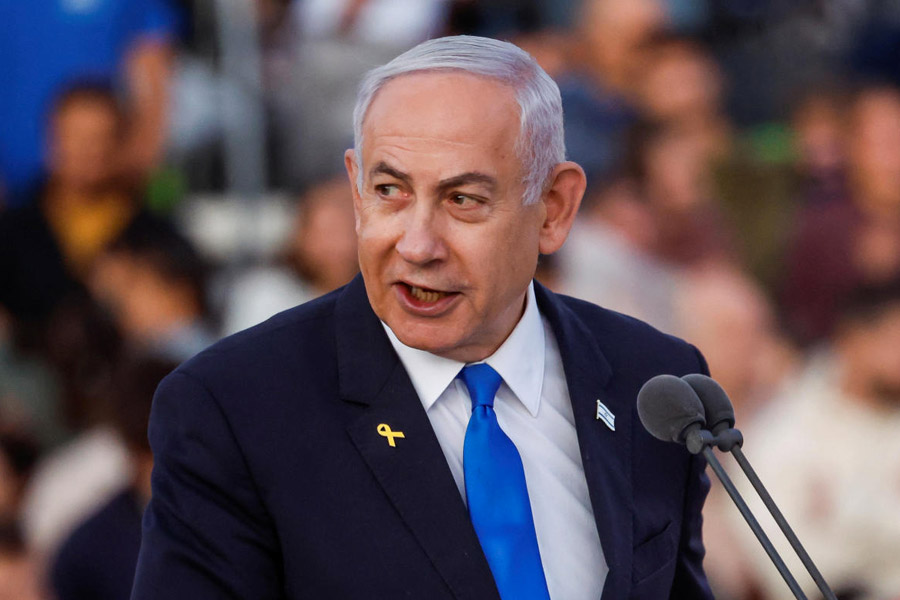When US President Joe Biden and China’s leader Xi Jinping met on Saturday in Peru, they spoke directly to each other for perhaps the last time about a fierce superpower rivalry that Biden has sought to keep from spiralling into open conflict.
But both men also seemed to be addressing someone not in the room: Donald J. Trump, who has promised to take a more aggressive approach to Beijing when he becomes President again in January.
Xi, in his opening remarks, offered what appeared to be a stern warning as US-China relations enter a new period of uncertainty after the American election.
“Make the wise choice,” he said in a conference hall at a hotel in Lima where the Chinese delegation was staying. “Keep exploring the right way for two major countries to get along well with each other.”
In his opening comments, Biden seemed to try to make the case for maintaining a relationship with Beijing, as Trump talks about imposing more punishing tariffs on China and picks hard-liners for top administration posts.
“These conversations prevent miscalculations, and they ensure the competition between our two countries will not veer into conflict — be competition, not conflict,” he said.
“That’s our responsibility, and over the last four years I think we’ve proven it’s possible to have this relationship,” Biden added before the meeting, which lasted one hour and 40 minutes.
But even as Biden’s session with Xi, during a gathering of the Asia-Pacific Economic Cooperation forum, began with conciliatory words, it also gave the President a final chance to challenge the Chinese leader directly on some of the many issues that divide the two countries.
As Biden — and his vision for the world — heads for the exits, China’s recent actions suggest that it has little interest in placating Washington.
American officials have expressed alarm over China’s increasingly close relationship with the Russian president, Vladimir V. Putin. And Chinese hackers were recently accused of breaking into the American telecommunications system and obtaining information from the phones of US officials.
Beijing has also continued to flex its muscle in Asia, with US officials voicing growing concern about China’s military exercises around Taiwan and its broader aggression in the contested South China Sea.
Biden pushed Xi to maintain peace in Taiwan, and pressed the Chinese leader over Beijing’s support for Russia, according to his national security adviser, Jake Sullivan. Biden also urged Xi to discourage North Korea from continuing to support Russia in its war in Ukraine, Sullivan said.
It was unclear how receptive Xi would be to any of Biden’s entreaties, with the clock quickly winding down on his presidency. China is now focused on preparing for the return of Trump, who has threatened to punish Beijing with 60 per cent tariffs on its exported goods. Trump has also chosen Senator Marco Rubio, Republican of Florida, who has taken a hard line on China, as his nominee for secretary of state.
In his remarks, Xi signalled an openness to cooperation with the incoming Trump White House. But he struck a tough, blunt tone about the rivalry between the two superpowers.
“The ‘new Cold War’ cannot be fought and cannot be won, and containment of China is unwise, undesirable, and will not succeed,” he said, according to a Chinese government summary of the meeting.
Chief among his concerns, Xi made clear, was that the US tread carefully in its approach to Taiwan, the island democracy China claims as its territory. Xi said that if the US wanted to maintain peace in the region, it must oppose “Taiwan independence clearly”. He made an unusually specific reference to Taiwan’s President, Lai Ching-te, a possible warning to the incoming Trump administration about potential contact between the leaders.
Xi defended China’s position on the war in Ukraine as aboveboard and neutral. In a warning to the US and its allies in the region, he said that he would not allow “war and chaos” in the Korean Peninsula and would not “sit idly by and watch” as China’s security and core interests there were threatened. A Chinese foreign ministry spokesman was more direct, accusing the US of “smearing and scapegoating China” on these issues.
Xi urged the US not to intervene in the South China Sea, where China’s Coast Guard has grown more willing to use force to drive out the Philippines, a treaty ally of the US. And he rejected the hacking accusations as baseless.
Still, the two nations sought to show that they could work on key issues. They agreed on Saturday to maintain control over nuclear weapons by humans, rather than artificial intelligence. Sullivan acknowledged the difficulty of ensuring that the new administration would respect any commitment agreed to on Saturday.
“The incoming administration is not in the business of providing us assurances about anything,” Sullivan said. “They’ll make their own decisions as they go forward.”
Biden raised the US goal of transforming a Kenya-led and largely US-funded security mission in Haiti to combat gangs into a formal UN peacekeeping mission. China has expressed opposition to such a shift. Sullivan said Xi did not indicate any change in his position.
The Biden administration in many ways continued the tough approach towards Beijing initiated by the first Trump administration, including on tariffs, while adding restrictions intended to slow the Chinese military’s technological advancements.
Biden’s top aides said that countering Beijing, particularly around the Taiwan Strait, must be a continued priority for the next administration.
For the past year, the Biden administration has tried to smooth tensions with China after the relationship hit a low point over a Chinese spy balloon that drifted over the US and was ordered shot down by Biden. The two nations also tangled after Biden twice called Xi a “dictator” last year.
Biden Amazon-bound
Joe Biden will become the first sitting US President to visit the Amazon rainforest on Sunday as he flags the dangers of global warming often dismissed by Donald Trump, who enters the White House in January vowing to scrap measures to fight climate change.
Biden is travelling from Lima, Peru, to Manaus, Brazil, to meet with local leaders working to preserve the Amazon before he flies to Rio de Janeiro for a summit of the Group of 20 major economies addressing issues from hunger and poverty to global governance and climate change.
Scientists say the conservation of the Amazon is vital to curbing climate change because of the vast amount of climate-warming carbon dioxide its trees absorb. Brazilian President Luiz Inacio Lula da Silva has vowed to end deforestation in his country’s rainforest by 2030 and urged wealthy nations to contribute to the cause.
New York Times News Service and Reuters










